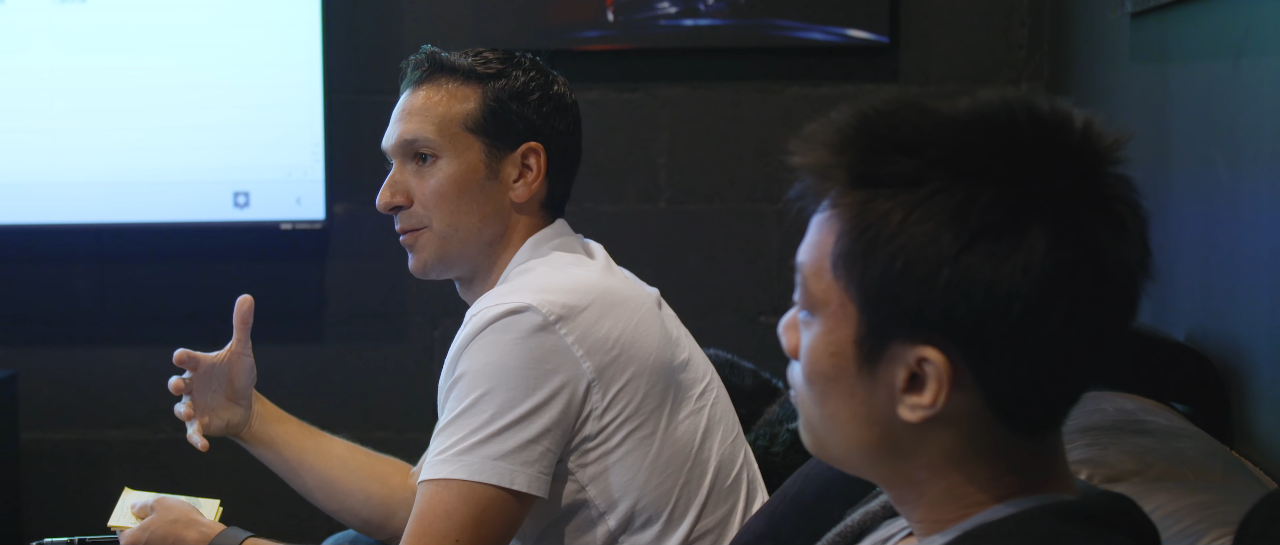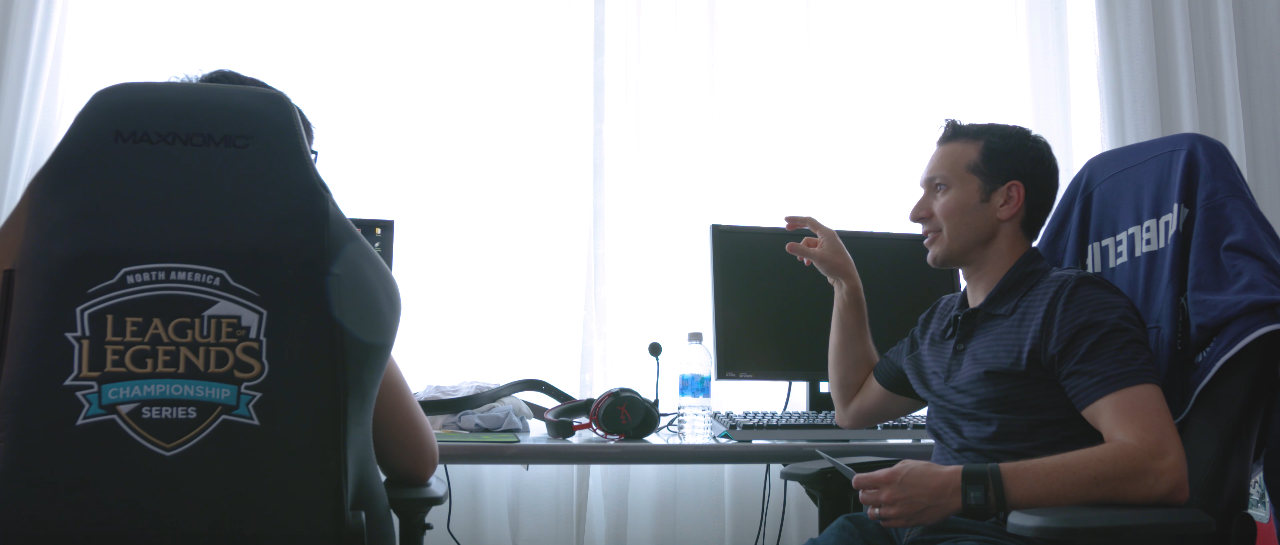A PSA on PMA
October 15 2018
Jared Tendler wasn’t interested in becoming a traditional therapist. It was his own history as a professional golfer that made him want to study the mind. Learning how to better facilitate the successes of the athletes he coached that pushed him to seek certification in the field. Talking with Jared was not like talking with anyone else I have spoken with before. Therapists included. And that’s the point. Jared is a mental coach well versed in the game of performance mentality. Its his certifications and education that give him an edge.

Jared's Background
In college Jared was a top tier athlete. As a golfer, he was a 3-time All American and was even inducted into his college’s hall of fame on 3 separate occasions. It was choking under the pressure of large scale tournaments that derailed Jared’s professional golfing career. After graduating he turned to coaching golf and became certified as a therapist. It wasn’t until he made the switch from Golf to Poker, however, that Jared was introduced to the world of professional gaming. With esports short to follow.
Okay, so what can I do to get better?
Jared is not a fan of creating short-term fixes. While he admits there is a lot of great advice out there, if that advice does not translate to a fundamental change in the way you think about the game, learning, and yourself, then you will have to constantly come up with new tricks and solutions. Think of short term solutions as bandaids. Sure they can be good for a short period of time, but having to apply and reapply bandaids over and over again is not a viable long-term solution. To put it in Jared’s words, the difference between the two is like “the difference between pulling out a weed by its roots, and just pulling it out at the surface level only to have it grow back.”
Jared mostly helps players with what he calls performance issues. The most common of which is what he describes as “players having a faulty understanding about the nature of pressure.” He explained that pros who struggle with this often feel nervous on the big stage/before a big match, but think that it's bad to feel nervous, which creates more nervousness, which effects their performance. Not to worry summoners, nervousness is not only totally normal, its healthy and can be used as fuel to help you perform at your best. Rethinking nervousness is one of the easiest ways to work on improving your performance. Those short-term solutions I mentioned earlier fail because they are usually based on what Jared calls “emotional control.” By changing your total outlook on the game/situation in which you are feeling pressure, you allow yourself to think freely about the game while playing. Emotional control strategies, however, take up a portion of your thought process while you’re playing the game. So if you’re using 15% of your brain power to constantly implement your emotional control strat that means you’ll only have 85% left to focus on the game with. If your opponent is using 100% of their brain power on the game, you’ve lost. This is why Jared feels its important to create long-term fixes.
That being said, Jared also impressed that pressure and stress expose weakness. He mentioned that any recurring mistakes made while under pressure are not just your normal reaction to stress. Instead, these mistakes are better ingrained than the proper technique. For example, I mentioned to him that while I was a musician I would often play slightly sharp while under stress. Especially in auditions, jurries, etc. Jared explained to me that this was not just an acceptable stress induced flaw that I used to have. This meant that my body was more used to playing sharp than it was to playing in tune. The stress/pressure merely caused my brain to stop actively correcting my intonation and instead fall back on improper muscle memory. The same can be said of League and gaming/esports in general. In order to perform consistently under the stress of the big stage you have to have good technique, habits, etc. ingrained to the point that you can do them in your sleep. Getting to this point is simple! Keep practicing good habits and remember to pull your issues out by the roots with some good old fashioned thinking out of the box.

The final piece of advice Jared has for all you gamers out there is that everyone suffers from these same issues. From Doublelift, to those of you in bronze 5, all the way up to Faker and back. Everyone has missed CS. Everyone has missed skill shots. Nobody is perfect. Everyone messes up. The only thing that Jared says separates the good players from the great ones is very simply their ability to “limit how much they suck when they suck.” So don’t worry, everyone sucks sometimes. Even Faker. Good luck out there summoners.






